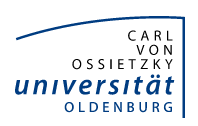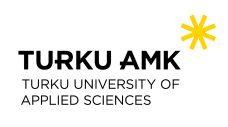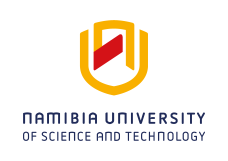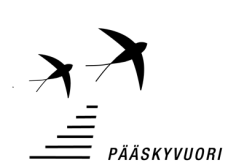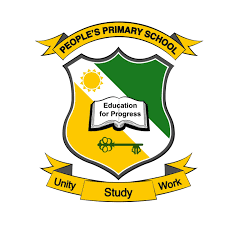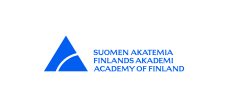BIT::TIP
The “Beyond the Imaginable Technologies for Sustaining Remote Life” is a project lead by the University of Turku, Department of Computing, Future Technologies Laboratory in co-operation with organisations listed at the bottom of this page. The project will be removing the critical research hurdles that are holding back the use of sensory immersive 3D video as an alternative to ordinary videoconferencing. Quality and performance are key targets, but so is an improved understanding of how the technology can and should be used, as well as providing the evidence that industry needs to invest. By working with students and teachers in school contexts, we utilise their imaginations and demands to drive the final steps in overcoming academic, motivational, and social challenges with existing technologies that are used for shared remote work and education. The wellbeing of a digital and remote society will rely upon improved technologies if it is to be sustained in the future.
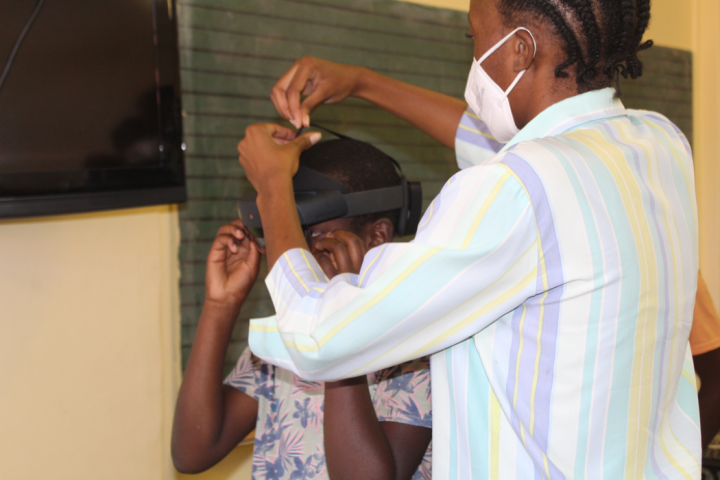
Our aim is to create a videoconferencing system, where the flat faces of the people on your monitor are looking away from you as their camera is not located where your face is on their screen. Instead we will apply immersive Virtual Reality (VR) and video conferencing solutions for shared work, schooling and life. We will address industry questions regarding (i) the quality of the 3D video, (ii) potential new applications and (iii) user experience aspects that are currently too poorly understood. To address questions we take an extreme test ground for our own state-of-the-art platform. In an elementary school we leverage the imagination of children for design, provide a challenging socio-emotional scenario and a locale for research trials.
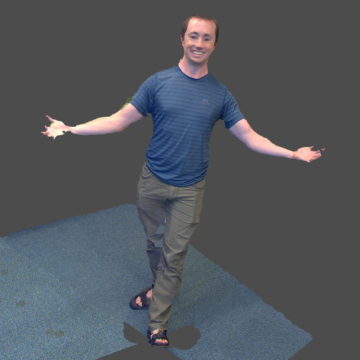 The project has three objectives: O1: Advancing the capture algorithms, interactions and interfaces through co-design. O2: Developing and utilising appropriate pedagogy and psychology for validation and effective application of the technology. O3: Engaging the imagination of stakeholders, including children, through innovative participatory methods in real-life contexts.
The project has three objectives: O1: Advancing the capture algorithms, interactions and interfaces through co-design. O2: Developing and utilising appropriate pedagogy and psychology for validation and effective application of the technology. O3: Engaging the imagination of stakeholders, including children, through innovative participatory methods in real-life contexts.
The project is divided into five work packages: WP1: Management and administration. WP2: Technology Research and Development. WP3: Inclusive Methods and Theoretical Underpinning. WP4: Studies and Evaluation.WP5: Dissemination and Exit Plan.
Acknowledgements
BIT::TIP project is funded by the Academy of Finland with the funding decision number 343364.
Affiliated organisations


